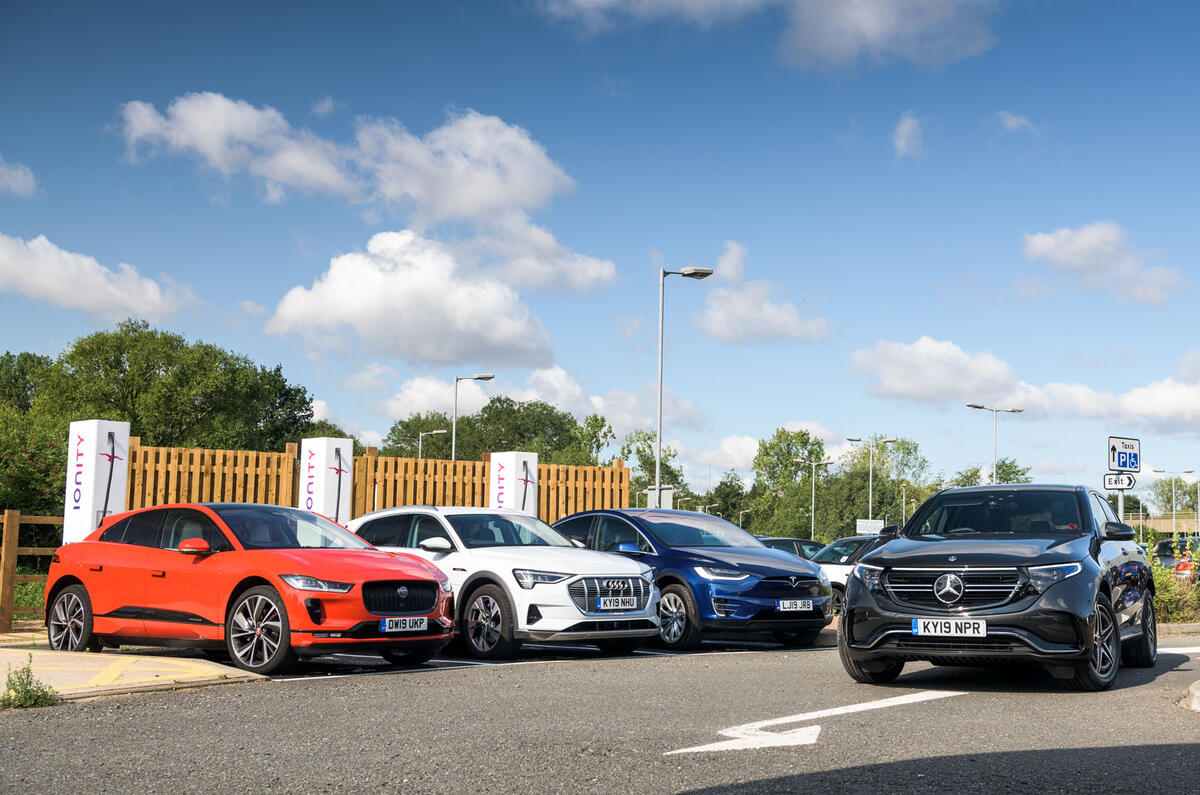Electric vehicles may not be cheaper to repair and maintain than internal-combustion-engine equivalents in every case, according to real-world fleet data.
EVs are often claimed to trump ICE cars on servicing, maintenance and repair (SMR) costs, but analysis by e-commerce firm Epyx, which specialises in facilitating SMR transactions for fleets, has revealed circumstances in which they fare both better and worse in similar types of usage, along with variations by model.




Add your comment